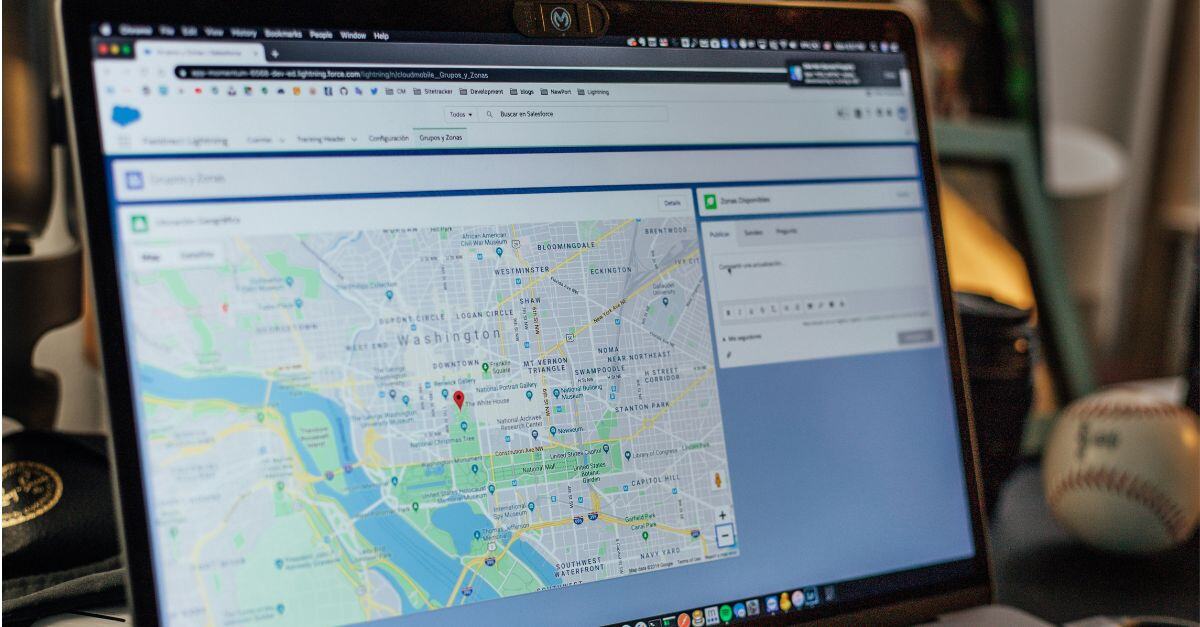3 min read
How to Create a Custom Map Using the Google Maps API
The Google Maps API is a powerful feature within the Google Cloud software ecosystem, designed for businesses and developers looking to create custom...
Are you looking to increase your business’s reach and make it easier for your customers to find you?
If you answered yes, then you need to invest time and resources in the Google Maps Platform.
Google Maps is more than just directions. It’s a powerful tool that helps put your business in front of your target audience so you can meet your organizational goals — whether that’s driving more foot traffic, increasing search engine rankings, or improving your online reputation.
Google Maps, also known as the Google Maps Platform, is a tool available in Google Cloud that allows you to create real-world and real-time experiences for your customers using APIs and SDKs. Google Maps consists of four unique products:
Together, these tools provide comprehensive data for over 200 countries and territories to 1 billion monthly active users.
With so many people relying on Google Maps, it’s become a compelling marketing tool for organizations of all shapes and sizes.
It helps users find anything and everything. From searching for nearby convenience stores to finding the best happy hour in town, the Google Maps Platform is the go-to solution for businesses looking to achieve the following:
Here are some key scenarios when using Google Maps can be particularly advantageous for your business:
Now that we've covered the "why" and "when," let's look at how to use Google Maps effectively for your business:
Google Maps is a versatile tool that can significantly benefit your business by increasing visibility, trust, and accessibility.The more discoverable you are on Google Maps, the easier it is to appeal to potential customers and get them excited about what you're offering.
Are you ready to put the Google Maps Platform to work for your business? Trust Promevo.
We are a Premier Partner for Google Cloud in the Sell Engagement Model, meaning we have a proven track record of providing agile solutions for clients — no matter what stage of your Google Cloud journey you’re in.
Use the power of Google Maps to solve your current business challenges. Contact us today to get started.
Meet the Author
Promevo is a Google Premier Partner for Google Workspace, Google Cloud, and Google Chrome, specializing in helping businesses harness the power of Google and the opportunities of AI. From technical support and implementation to expert consulting and custom solutions like gPanel, we empower organizations to optimize operations and accelerate growth in the AI era.

3 min read
The Google Maps API is a powerful feature within the Google Cloud software ecosystem, designed for businesses and developers looking to create custom...

3 min read
Cloud technology has emerged as the backbone of innovation and efficiency. Among the leading players in this arena, Google Cloud stands tall,...

5 min read
If you’re deciding between business intelligence (BI) platforms, you’re likely considering Looker, Power BI, or Tableau. Each has its strengths:...